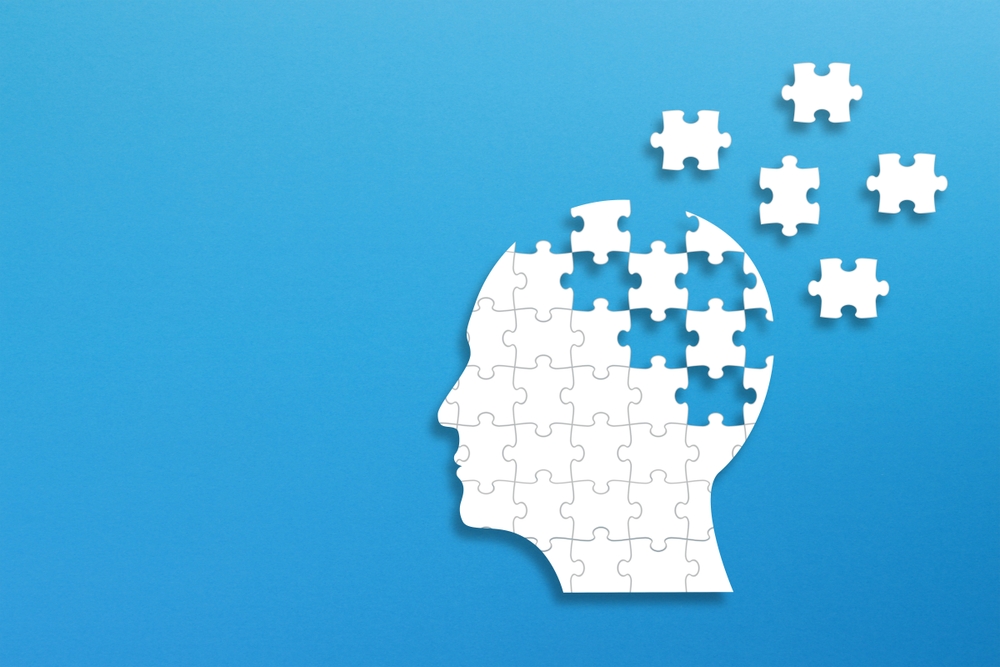Understanding Dementia: Beyond the Myths & Misconceptions
Table of contents

Unraveling the Myths of Dementia: An Introduction
Dementia is a term that encapsulates a range of symptoms affecting memory, thinking, and social abilities severely enough to interfere with daily functioning. Yet, despite its prevalence, dementia remains widely misunderstood. This article seeks to shed light on the myths and misconceptions surrounding dementia, providing a clearer understanding of this often-misinterpreted condition.
Many people believe dementia is simply a part of growing old, but this is far from the truth. While aging is a risk factor, dementia is not a natural or inevitable consequence of aging. This misconception often leads to misdiagnosis and delayed treatment, affecting the quality of life for many individuals. Understanding dementia involves recognizing its distinctiveness from normal age-related changes in cognitive function.
Another myth is that dementia is solely about memory loss. While memory issues are a hallmark symptom, dementia encompasses a wide array of cognitive and psychological changes, including difficulties with communication, reasoning, and even personality changes. By debunking these myths, we can approach dementia with a more informed and compassionate mindset.
Understanding the Complexity of Dementia
Dementia is not a single disease but an umbrella term for several disorders affecting the brain. Alzheimer’s disease is the most common form of dementia, accounting for 60-80% of cases. However, other types, such as vascular dementia, Lewy body dementia, and frontotemporal disorders, contribute to the complexity of understanding dementia.
Each type of dementia presents unique challenges and symptoms, making early and accurate diagnosis crucial. For instance, vascular dementia is often associated with problems in planning and judgment, while Lewy body dementia might cause visual hallucinations and movement issues. Understanding these differences is vital in managing and treating dementia effectively.
The complexity also extends to the progression of the disease. Dementia is progressive and eventually debilitating, affecting individuals differently. Understanding this progression can help caregivers and family members prepare and provide better support to those affected.
The Emotional and Social Impact of Dementia
Dementia impacts not only the individual diagnosed but also their loved ones and caregivers. The emotional toll can be significant, as families grapple with the changes in their loved one’s personality and abilities. Understanding dementia means recognizing these emotional challenges and finding ways to support both the patient and their support network.
Socially, dementia can lead to isolation and stigma. Many individuals with dementia and their families face misunderstanding and judgment from others. Building awareness and fostering open conversations about dementia can help reduce this stigma, creating a more supportive environment for those affected.
Furthermore, caregivers often face their own set of challenges. Understanding the demands of caregiving and advocating for resources and support systems is crucial in improving the quality of life for both caregivers and those with dementia.
Combatting Dementia Myths with Education
Education is a powerful tool in combating myths and misconceptions about dementia. Increasing awareness about the realities of dementia can lead to better support structures and policies that benefit those affected.
Initiatives that promote understanding dementia can take many forms, from educational programs in schools to community-based support groups. These initiatives not only inform but also empower individuals to take proactive steps in managing their health.
Research is also key in dispelling myths. Continued studies into the causes and treatments of dementia can offer hope and new strategies for care. Supporting research efforts financially and politically is essential in the fight against dementia.
Conclusion: Toward a More Informed Understanding of Dementia
Understanding dementia requires moving beyond myths and misconceptions to embrace a nuanced view of this complex condition. By acknowledging the diversity of dementia types and the profound impact they have on individuals and their families, society can foster a more compassionate and supportive environment. Education, awareness, and research are critical in this effort, paving the way for improved care and understanding.
FAQs about Dementia Myths and Understanding
What is the biggest myth about dementia?
The biggest myth is that dementia is a normal part of aging when in fact, it is a serious condition that goes beyond typical age-related memory loss.
Is dementia the same as Alzheimer’s?
No, Alzheimer’s is a type of dementia. There are various types of dementia, each with distinct characteristics.
Can dementia be prevented?
While there is no guaranteed way to prevent dementia, lifestyle factors like healthy eating, regular exercise, and mental stimulation can reduce risk.
Does dementia only affect older adults?
While it is more common in older adults, younger-onset dementia can affect individuals under 65.
How can society reduce the stigma of dementia?
Increasing education and awareness, promoting open discussions, and supporting affected individuals and their families can help reduce stigma.








